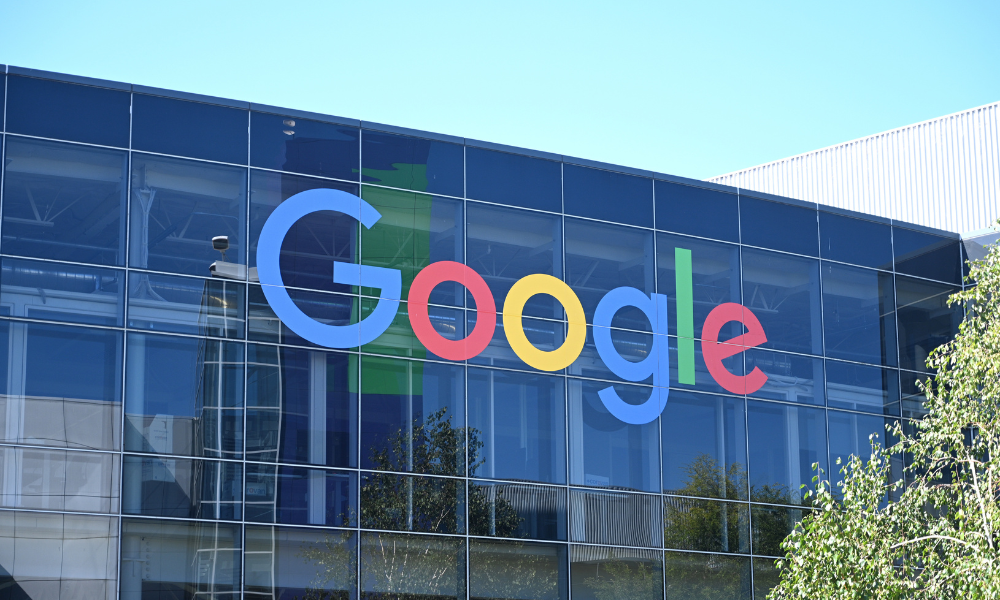Julian Kelly says quantum computers may soon simulate physics and generate data beyond AI limits

Google Quantum AI's director of hardware, Julian Kelly, stated that the US could see practical quantum computing applications within five years.
In an interview aired Tuesday, Kelly told CNBC’s Deirdre Bosa that quantum computers might soon tackle complex physics problems and potentially generate novel data.
He emphasized, “We think we're about five years out from a real breakout, kind of practical application that you can only solve on a quantum computer.”
He added that early use cases could involve simulating advanced physics or producing data for artificial intelligence, though he called the latter “speculative.”
“Quantum computers speak quantum mechanics — they can access the way the universe works at the most fundamental level,” he said.
Kelly explained that qubits, or quantum bits, operate on probability rather than binary, distinguishing them from traditional processors.
Quantum computing has received renewed US attention after Google announced in December that it had made progress on error correction, a key challenge to building a functional quantum system.
At the time, the company said the advance offered a potential route to working quantum computers.
Microsoft also entered the spotlight in February, when CEO Satya Nadella announced the development of a quantum chip called Majorana, which reportedly required the company to create an “entirely new state of matter” to function.
While Google’s most powerful quantum computer currently has 105 qubits, experts estimate that more than 1 million qubits will be needed for useful, large-scale applications.
Quantum systems, a long-standing ambition for physicists since the 1980s, differ fundamentally from traditional computers, which operate using binary bits that are either 0 or 1.
In contrast, qubits can exist in a range of probabilistic states, making them well-suited to simulating quantum phenomena.
Kelly said that the technology’s first practical tasks would likely involve modelling systems that are beyond the capability of classical computers.
“Areas where you’ve got some system that’s sort of just out of reach of what a classical computer [can] do,” he added.
Interest in quantum technology has also grown in the US alongside rising investment in artificial intelligence chips.
As reported by CNBC, Nvidia does not manufacture quantum processors, but hosted a Quantum Day summit last week.
The event featured representatives from 12 leading quantum companies, as well as Amazon and Microsoft, who discussed the field’s future potential.
The summit followed controversial remarks from Nvidia CEO Jensen Huang, who in January said usable quantum computers were unlikely to arrive within 15 years.
Those comments contributed to falling share prices among several publicly listed quantum computing firms.
Last week, Huang revised his position, calling his previous assessment “wrong,” but added that “the technology is insanely complicated.”
He also stated: “Of course, quantum computing has the potential and all of our hopes that it will deliver extraordinary impact.”



